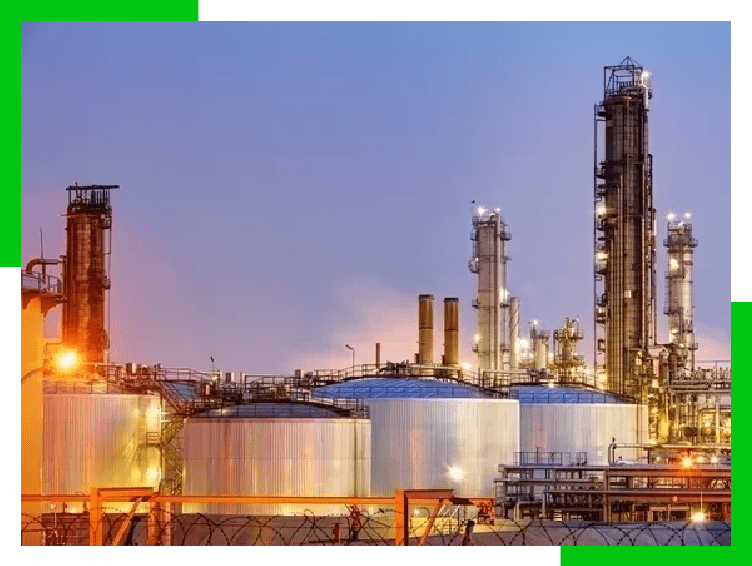Stay Compliant With All Clean Fuel Regulations
We specialize in providing audit and verification services for various Fuel Regulations,
including but not limited to the following:
Clean Fuel Regulations (SOR/2022-140)
The Clean Fuel Regulations will require gasoline and diesel primary suppliers (i.e. producers and importers) to reduce the carbon intensity (CI) of the gasoline and diesel. They produce and import into Canada from 2016 CI levels by 3.5 grams of carbon dioxide equivalent per megajoule (gCO e/MJ) in 2023, increasing to 14 gCO e/MJ in 2030. The regulations will also establish a credit market whereby the annual CI reduction requirement could be met via three main categories of credit-creating actions: (1) actions that reduce the CI of the fossil fuel throughout its lifecycle, (2) supplying low-carbon fuels, and (3) supplying fuel and energy in advanced vehicle technologies.


Benzene in gasoline regulations (SOR/ 97-493)
These regulations prohibit the supply of gasoline with a benzene concentration exceeding 1.0% by volume or a benzene emission number exceeding 71 during the summer and 92 during the winter. They also prohibit the sale of gasoline that contains a benzene concentration exceeding 1.5% by volume.
Sulphur in gasoline regulations (SOR/ 99-236)
These regulations limited the sulphur content of gasoline to 12 mg/kg on January 1, 2020. Alternatively, gasoline producers and importers can elect to apply a pool average sulphur limit, in which case the pool average limit becomes 10 mg/kg, with a never-to-be-exceeded batch limit of 80 mg/kg.
A primary supplier who is complying on a pool-average basis may also participate in a temporary sulphur compliance unit (SCU) trading system, which will be in place until the end of the 2025 compliance year.
